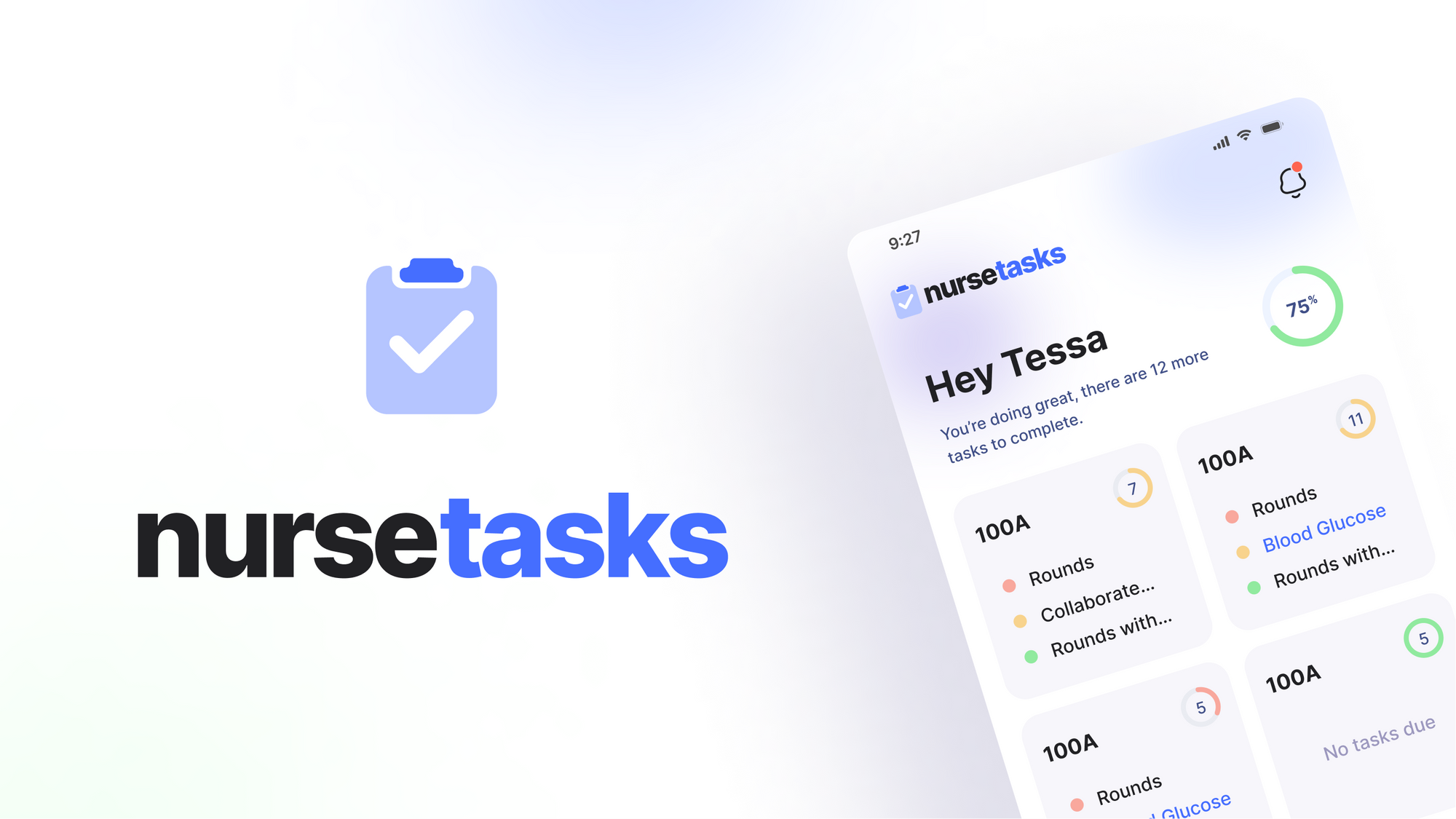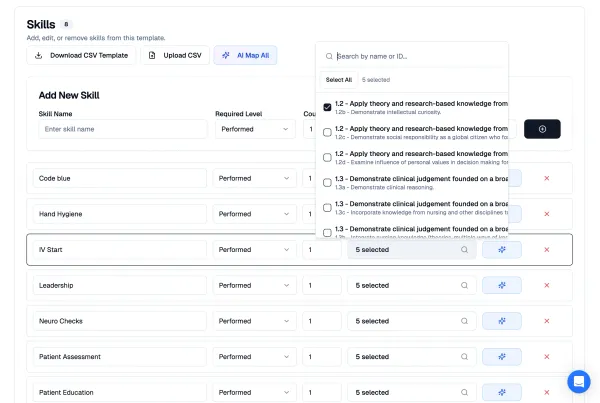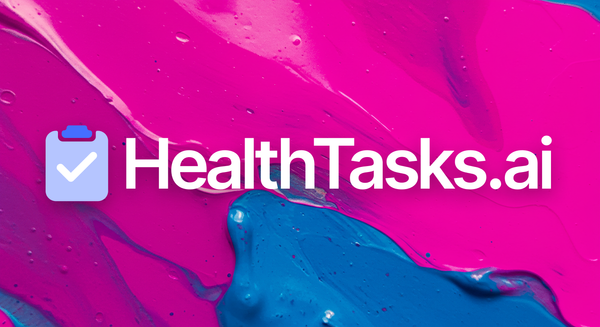How International Nurses Can Help Alleviate the U.S. Nursing Shortage

The nursing shortage in the United States has been an ongoing issue for years, with estimates predicting that the country could experience a shortfall of up to 100,000 nurses by 2030. This has put immense pressure on the healthcare system, with nurses often having to work long hours and manage high patient loads. To combat the shortage, healthcare organizations have started looking beyond the borders of the United States and seeking to recruit international nurses. In this article, we'll explore how international nurses can help alleviate the nursing shortage in the United States.
The Benefits of Hiring International Nurses
One of the most significant benefits of hiring international nurses is that they can bring a unique set of skills and experiences to the healthcare industry. Many international nurses have experience working in different healthcare systems and cultures, which can help them adapt quickly to the demands of the job. In addition, international nurses often have experience with diverse patient populations and can provide valuable cultural insights and care to patients from different backgrounds.
Another benefit of hiring international nurses is that they can help to fill the gaps in the nursing workforce that are contributing to the shortage. Many international nurses are highly trained and skilled, and can provide much-needed support to healthcare organizations that are struggling to keep up with patient demand.
Challenges Faced by International Nurses
Despite the benefits of hiring international nurses, there are also several challenges that they may face when working in the United States. These challenges can include cultural differences, language barriers, and navigating the complex U.S. healthcare system.
Cultural Differences
International nurses may struggle to adjust to the culture and customs of the United States, which can impact their ability to connect with patients and colleagues. For example, some international nurses may find it difficult to understand American slang or to navigate social situations that are different from those in their home countries.
Language Barriers
Many international nurses may also face language barriers, particularly if English is not their first language. This can make it challenging to communicate effectively with patients and colleagues, which can impact the quality of care provided.
Navigating the U.S. Healthcare System
The U.S. healthcare system is complex, and international nurses may struggle to understand the nuances of the system. This can make it challenging to navigate patient care, insurance, and other administrative tasks.
Strategies for Helping International Nurses Succeed
To help international nurses succeed in the United States, healthcare organizations can take several steps. These include:
Cultural Training
Providing cultural training to international nurses can help them adjust to life and work in the United States. This can include training on American customs and norms, as well as strategies for working with patients and colleagues from diverse backgrounds.
Language Support
Offering language support, such as translation services or language classes, can help international nurses improve their communication skills and feel more comfortable in their roles.
Mentoring Programs
Creating mentoring programs can help international nurses connect with experienced nurses who can provide guidance and support as they navigate their new roles.
Clinical Orientation
Providing a comprehensive clinical orientation can help international nurses better understand the U.S. healthcare system and the expectations of their roles.
Professional Development Opportunities: Offering professional development opportunities, such as continuing education or leadership training, can help international nurses advance their careers and feel valued within the organization.
Time Management Tools
International nurses may also struggle with time management and organization as they adjust to a new work environment. This is where to-do list apps can be especially helpful.

By using a to-do list app, international nurses can prioritize their tasks and stay on top of their responsibilities, helping them to build competency quickly and make a positive impact on patient care. Overall, to-do list apps can be a valuable tool for international nurses as they navigate the challenges of working in a new environment. By staying organized and focused, international nurses can build competency quickly and make a positive impact on patient care.
Visa and Licensing Requirements
To work as a nurse in the United States, international nurses must meet specific visa and licensing requirements. These requirements can vary depending on the nurse's home country, educational background, and work experience.
One common visa option for international nurses is the H-1B visa, which allows individuals with specialized skills to work in the United States for up to three years. To obtain an H-1B visa, international nurses must have a valid nursing license and a job offer from a U.S. healthcare organization.
In addition to the visa requirements, international nurses must also obtain a nursing license in the state where they will be working. This typically involves passing the National Council Licensure Examination (NCLEX), which is a standardized exam that tests the nurse's knowledge and skills. Some states may also require international nurses to complete additional training or education to meet their licensing requirements.
Healthcare organizations that are interested in hiring international nurses should be prepared to support them through the visa and licensing process. This can involve providing guidance and assistance with paperwork, as well as supporting the nurse through any training or education requirements.
By working together to support and integrate international nurses into the U.S. healthcare system, we can help to address the nursing shortage and ensure that patients receive the high-quality care they need and deserve.






